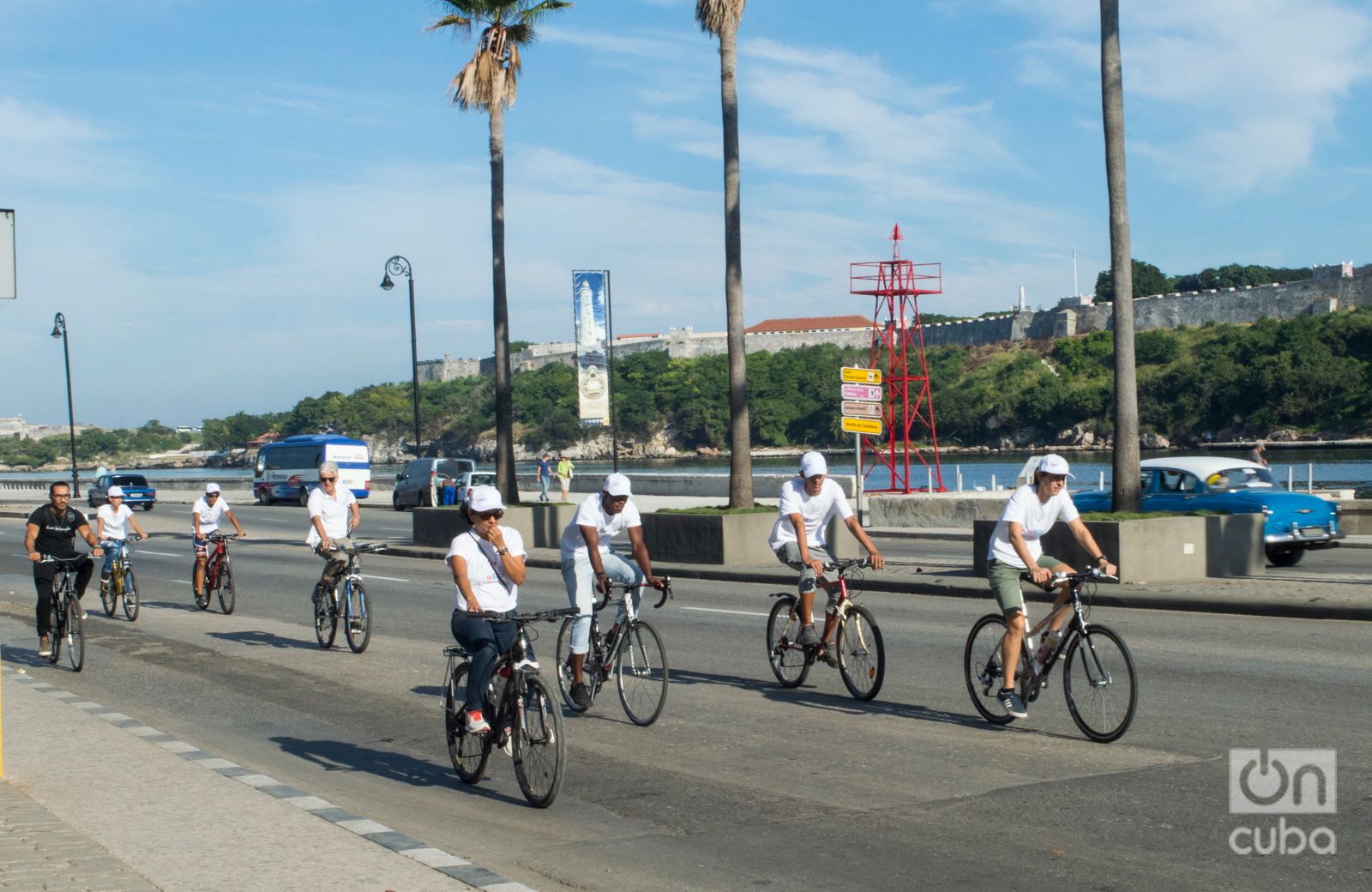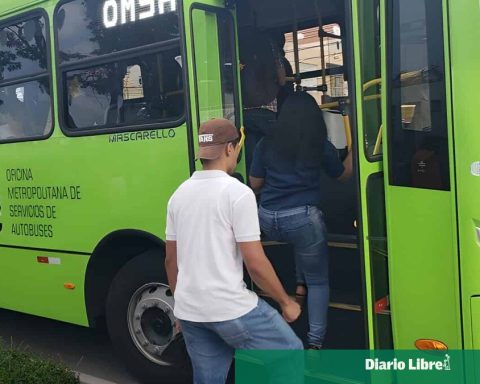The pilot phase of a system of bikes public, designed by the Technological University of Havanawill begin operating in the Cuban capital before the end of this year, according to official media on the island.
The program will have six cycle stations and was conceived to promote the use of this means of transportation of low carbon emissions, mainly for reasons of work and study, said to the Cuban News Agency (ACN) Reinier Campos Pompa, head of work of the General Directorate of Provincial Transport in Havana (DGTPH).
It also transpired that the last construction actions are being carried out in the civil works of the central station at the José Antonio Echeverría Technological University (known as Cujae) in order to begin the implementation of the project with 300 bicycles, the media reports.
Since 2021, the management of the pilot program has been prepared, which will have Inteliforja as operator, after winning a tender in which Cuban state-owned companies and forms of non-state management related to that means of transport, specifies the information.
Public bicycle system for the municipality of Havana is put out to tender
Regarding the characteristics of the bicycles, Campos Pompa highlighted that they were assembled at the Narciso López Roselló company, they are mechanical, with a special design and planned maintenance treatment.
According to the specialist, two bike stations will be in the Clock Club area and another four will be located in the Fontanar-Abel Santamaría-Wajay corridor, in the Boyeros municipality, highlights the ACN.
“With Cujae we design other complementary services for the university community such as parking for bicycles and motorcycles, mechanical workshops, and specific bicycle rental,” said the director quoted by the media.
The idea, he said, is that these means remain as short as possible in the central station, and can solve specific transportation problems with the lease to teachers and students so that they can go home at night.
The public bicycle system is one of the cornerstones of Neomobility, a comprehensive project financed by the Program of the United Nations for Development (UNDP), which is committed to a paradigm shift towards sustainable urban mobility in the capital of the largest of the Antilles, highlights the information agency.
Various cities in Latin America such as Bogotá, Santiago de Chile and Mexico City promote the massive use of bicycles on their streets, especially after the closure due to the COVID-19 pandemic.
Those who lead the promotion of the use of bicycles in countries of the region consider the Colombian capital as a benchmark, since around 611,470 daily trips are reported there using this means of transport, according to data handled by the media.
Mobility in Havana, and in general throughout the country, is one of the most complex issues facing the Cuban government, since it has been the public transport one of the most affected by the acute economic crisis that the Island is experiencing, aggravated by the pandemic, the tightening of US sanctions and failures in state management.
Specialists consider that the current transport crisis in the capital is lthe most serious in the last ten yearswith an availability of less than 500 vehicles to transport more than half a million people daily.
“At the beginning of the COVID-19 pandemic, 780 buses were operating in the city, and the company that manages them today has just 442 means, which move 580,000 passengers per day, a figure much lower than that of 2020,” he explained. last April Rauger Medina Suárez, then director of planning and development of the DGTH.
















